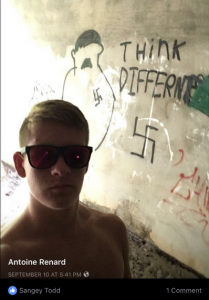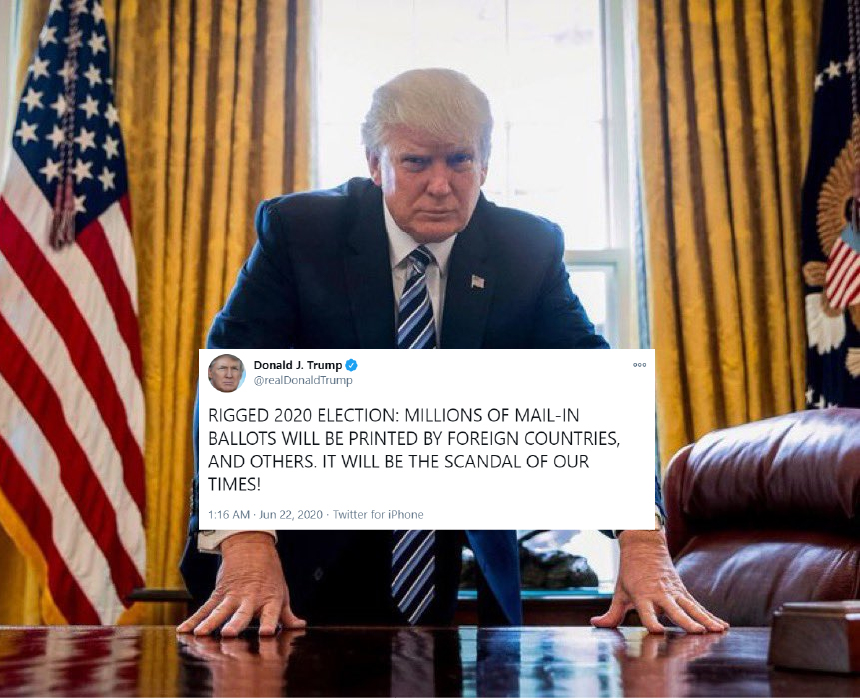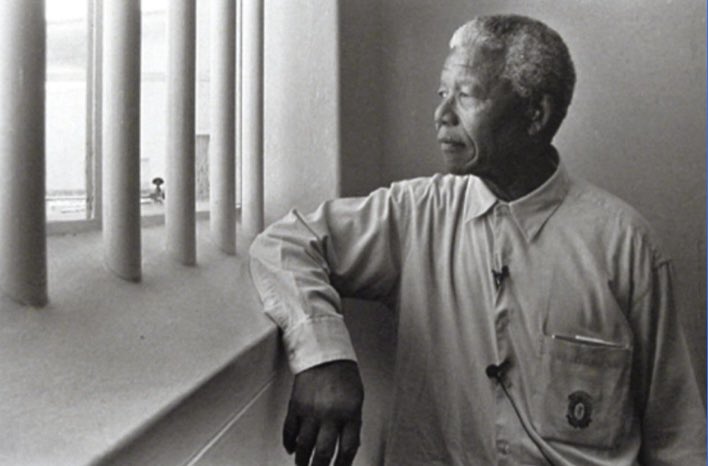And who was Stone in touch with at the campaign? Trump himself.
(MAJOR NOTE) The reason Manafort took over Trump's campaign in just 3 weeks despite being hired as a mere delegate counter is that ROGER STONE initiated a whisper campaign against Corey Lewandowski. That campaign started...days after Manafort returned from meeting with WikiLeaks.
And who was Stone in touch with at the campaign? Trump himself.
Paul Manafort's business associate, Kremlin agent Konstantin Kilimnick.
More from Seth Abramson
Sworn affidavits online corroborate Ramirez/Swetnick's accounts of sexual assault (Ramirez)/witnessing sexual assault (Swetnick); Ford's prior disclosures (10) are public; Kavanaugh's perjuries are confirmed by testimonial evidence online. Do they think no one reads the internet?
2/ No, I'm serious: the only people the White House is trying to reach here are those who don't use the internet for news—ever—or those radicals who only read fringe publications that lie to them daily. If you've been following the Kavanaugh nomination online, you know the truth.
Breaking: White House finds no corroboration of sexual misconduct allegations against Brett Kavanaugh after examining reports from FBI's latest probe https://t.co/nnNKmjz8ke pic.twitter.com/HtiQN9C6IK
— The Wall Street Journal (@WSJ) October 4, 2018
2/ No, I'm serious: the only people the White House is trying to reach here are those who don't use the internet for news—ever—or those radicals who only read fringe publications that lie to them daily. If you've been following the Kavanaugh nomination online, you know the truth.
About a month ago, I said to Jeffrey Toobin that it was Mike Flynn—not Paul Manafort—who had the *most* to offer Robert Mueller on the collusion question, underscoring that Flynn's December 2017 plea deal gave Mueller far more than we ever realized. Now here we are, 10 months on.
2/ Trump had two opportunities to formally name Flynn and his co-conspirator Erik Prince to his NatSec team during the 2016 campaign—he declined to do so *both times*. In the criminal justice system this is evidence of consciousness of guilt. Trump knew what these men were doing.
3/ That Trump sought out Flynn—not the other way around—in August '15, and began using him as his chief NatSec adviser right away, but never put him on his National Security Advisory Committee is critical evidence that Flynn was working on projects that had to be "off the books."
New reports show more and more evidence Michael Flynn ran a collusion channel to Russia for Trump's campaign https://t.co/upgnbTAkAh pic.twitter.com/6LNtrXaSf7
— Jonathan Chait (@jonathanchait) October 20, 2018
2/ Trump had two opportunities to formally name Flynn and his co-conspirator Erik Prince to his NatSec team during the 2016 campaign—he declined to do so *both times*. In the criminal justice system this is evidence of consciousness of guilt. Trump knew what these men were doing.
3/ That Trump sought out Flynn—not the other way around—in August '15, and began using him as his chief NatSec adviser right away, but never put him on his National Security Advisory Committee is critical evidence that Flynn was working on projects that had to be "off the books."
More from Politics
You May Also Like
Took me 5 years to get the best Chartink scanners for Stock Market, but you’ll get it in 5 mminutes here ⏰
Do Share the above tweet 👆
These are going to be very simple yet effective pure price action based scanners, no fancy indicators nothing - hope you liked it.
https://t.co/JU0MJIbpRV
52 Week High
One of the classic scanners very you will get strong stocks to Bet on.
https://t.co/V69th0jwBr
Hourly Breakout
This scanner will give you short term bet breakouts like hourly or 2Hr breakout
Volume shocker
Volume spurt in a stock with massive X times
Do Share the above tweet 👆
These are going to be very simple yet effective pure price action based scanners, no fancy indicators nothing - hope you liked it.
https://t.co/JU0MJIbpRV
52 Week High
One of the classic scanners very you will get strong stocks to Bet on.
https://t.co/V69th0jwBr
Hourly Breakout
This scanner will give you short term bet breakouts like hourly or 2Hr breakout
Volume shocker
Volume spurt in a stock with massive X times
Neo-nazi group #PatriotFront held a photo op in #Chicago last weekend & is currently marching around #DC so it's as good time as any to compile a list of their identified members for folks to watch for
Who are these chuds?
Patriot Front broke away from white nationalist org Vanguard America following #unitetheright in #charlottesville after James Alex Fields was seen with a VA shield before driving his car into a crowd, murdering Heather Heyer & injuring dozens of others
Syed Robbie Javid a.k.a. Sayed Robbie Javid or Robbie Javid of Alexandria,
Antoine Bernard Renard (a.k.a. “Charlemagne MD” on Discord) from Rockville, MD.
https://t.co/ykEjdZFDi6

Brandon Troy Higgs, 25, from Reisterstown,
Who are these chuds?
Patriot Front broke away from white nationalist org Vanguard America following #unitetheright in #charlottesville after James Alex Fields was seen with a VA shield before driving his car into a crowd, murdering Heather Heyer & injuring dozens of others
Syed Robbie Javid a.k.a. Sayed Robbie Javid or Robbie Javid of Alexandria,
Happy Monday everyone :-) Let's ring in September by reacquainting ourselves with Virginia neo-Nazi and NSC Dixie affiliate Sayed "Robbie" Javid, now known by "Reform the States". Robbie is an explicitly genocidal neo-Nazi, so lets get to know him a bit better!
— Garfield but Anti-Fascist (@AntifaGarfield) August 31, 2020
CW on this thread pic.twitter.com/3gzxrIo9HD
Antoine Bernard Renard (a.k.a. “Charlemagne MD” on Discord) from Rockville, MD.
https://t.co/ykEjdZFDi6

Brandon Troy Higgs, 25, from Reisterstown,



















